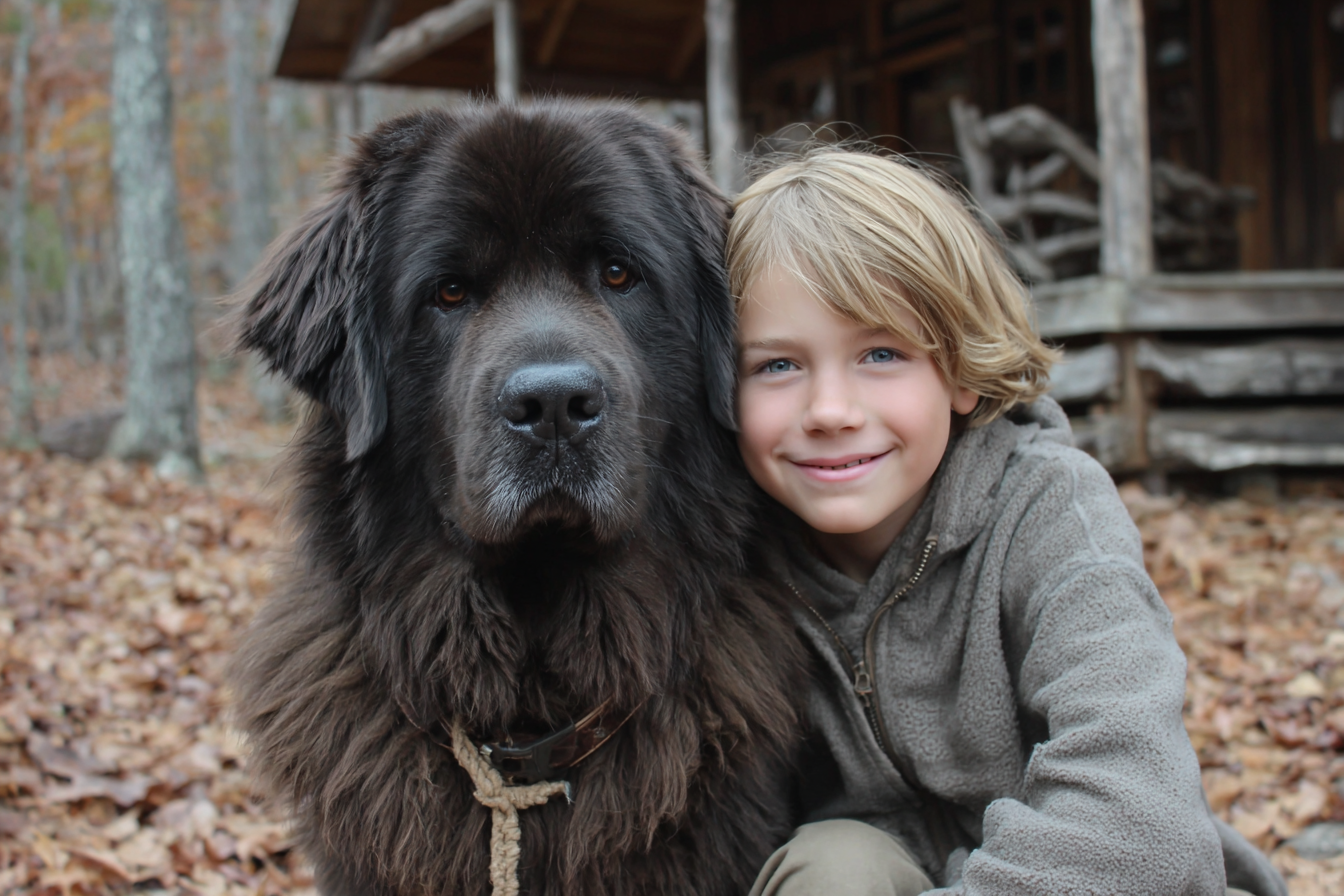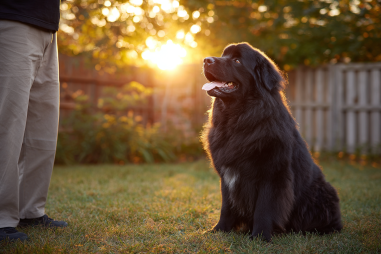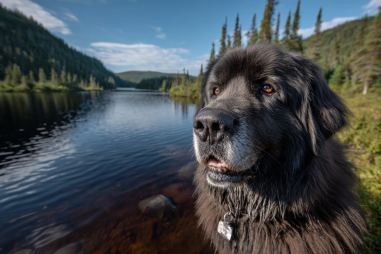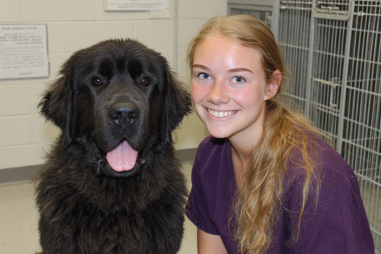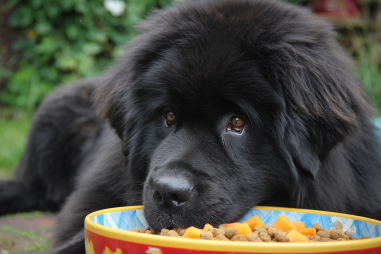Newfoundland dogs, often affectionately called “Newfies,” are renowned for their majestic size and gentle nature. These dogs have long been admired for their calm temperament and loving disposition, earning them a special place in the hearts of many dog enthusiasts. Whether you’re considering bringing a Newfoundland into your home or simply curious about their personality, understanding their typical temperament and behavior is essential to appreciating why they make such wonderful companions.
Typical Temperament Overview
Newfoundland dogs are often described as gentle giants for good reason. Their size can be imposing, but their temperament is characterized by calmness, patience, and kindness. Generally, they have a very relaxed and even-tempered disposition, which makes them especially suited for families and individuals looking for a laid-back yet devoted pet.
One of the standout traits of Newfoundlands is their natural instinct to be protective without being aggressive. They tend to be good-natured and tolerant, rarely showing signs of aggression unless provoked or threatened. This breed is also known for being intelligent and making thoughtful decisions rather than reacting impulsively.
Interaction with Family Members
Newfoundland dogs thrive on forming close bonds with their families. They are incredibly affectionate and often form strong attachments to each member of the household. Their gentle nature makes them great companions for children, who appreciate a patient and loving friend. Newfies are known to be nurturing and protective of younger family members, sometimes even acting as a gentle babysitter.
Because they are pack animals, Newfoundland dogs enjoy being close to their loved ones, often following them around the house and seeking out cuddles or simply quietly lying nearby. Their sensitivity to human emotions also means they can be quite empathetic, offering comfort when someone is feeling down or upset.
Behavior Around Strangers
Newfoundland dogs tend to be naturally reserved around strangers but are rarely aggressive or overly defensive. Their size alone can serve as a deterrent to unwelcome visitors, but Newfies usually prefer to observe and assess before reacting. This cautious approach often means they won’t rush to greet every new person immediately but will warm up with time and proper introductions.
They are generally friendly and welcoming, especially if they sense that there is no threat. Their calm demeanor usually results in a relaxed and peaceful environment, even when meeting new people. However, Newfoundland dogs can show protective behaviors if they perceive a genuine threat to their family or territory.
Social Needs and Tendencies
Socialization is a crucial part of a Newfoundland dog’s upbringing. These dogs are naturally social and benefit greatly from regular interaction with other dogs and humans. Early socialization helps them grow into confident and well-adjusted adults who can navigate different environments and social situations with ease.
Newfies enjoy activities with their families, including outdoor adventures, swimming, and casual playtime. Due to their working dog history, they appreciate having a “job” or purpose, which can be as simple as participating in obedience training or helping out with light tasks around the house.
Despite their sociable nature, Newfoundland dogs also value relaxation and downtime. This combination of affectionate energy and calm rest periods makes them adaptable companions for many lifestyles.
Dealing with Behavioral Challenges
While Newfoundland dogs are typically well-behaved, they can encounter behavioral challenges like any breed. Their large size means that any unwanted behaviors, such as jumping or pulling on the leash, need to be addressed promptly to prevent safety issues.
Some common challenges with Newfies include:
- Separation anxiety: Their strong attachment to family can sometimes lead to anxiety when left alone for extended periods.
- Obedience consistency: Newfies are intelligent but can occasionally show stubborn streaks, especially during training sessions.
- Excessive drooling and shedding: While not behavioral, these physical tendencies can sometimes frustrate owners if they aren’t managed properly.
Managing these challenges typically involves consistent training, positive reinforcement, and patience. For separation anxiety, gradually increasing alone time and providing stimulating toys can help. Establishing a clear and calm training routine from puppyhood ensures that stubbornness is minimized and obedience is encouraged.
Training Impact on Behavior
Training has a profound influence on Newfoundland dogs’ behavior. Because they are intelligent and eager to please, they respond well to positive reinforcement techniques, such as treats, praise, and gentle encouragement. Early socialization combined with obedience training helps Newfies develop into confident dogs that understand their boundaries and roles within the family.
Training does more than teach commands; it also channels their natural instincts in positive ways. For instance, establishing a routine helps reduce anxiety and unwanted behaviors by providing structure and clear expectations. Newfoundlands are quick learners when training is consistent, engaging, and fun.
Additionally, because they are large and strong, proper leash training and manners around other dogs and people are essential to ensure safety and ease of handling. Many Newfoundland owners find that enrolling their dog in puppy classes or working with a professional trainer can make a significant difference in managing their dog’s behavior effectively.
Why Newfoundlands Make Great Companions
Understanding the temperament and behavior of Newfoundland dogs shows why they have earned the nickname “gentle giants.” Their calm, loving, and protective nature makes them ideal for families or individuals who want a loyal and patient companion. Their affectionate attitude towards children, dedication to family, and calm demeanor around strangers create an atmosphere of warmth and security in any home.
With proper socialization, training, and care, Newfoundland dogs maintain their reputation as dependable, loving dogs who enrich the lives of those around them. Their temperament offers a perfect balance of protection and amiability, making them a truly exceptional breed to share your life with.

